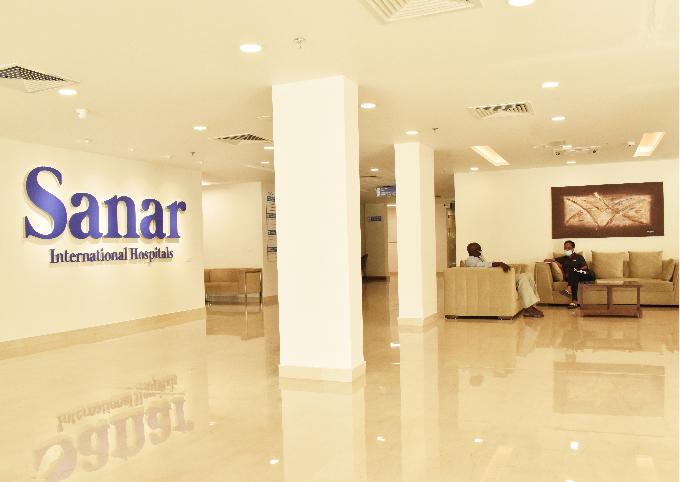Procedure Type
surgicalProcedure Duration
1-2hrsHospital Stay (Days)
3 DaysThere are mainly two types of penile implants: inflatable and malleable (semi-rigid). Inflatable implants involve cylinders filled with fluid using a small pump placed inside the scrotum, allowing a more natural erection and flaccidity. Malleable implants consist of bendable rods that keep the penis firm but can be adjusted manually. The choice depends on patient preference, medical history, and surgeon recommendation.
Men suffering from severe erectile dysfunction due to diabetes, prostate surgery, spinal injuries, Peyronie’s disease, or psychological issues may benefit from a penile implant. It is usually considered after all other non-surgical treatments have proven ineffective. This procedure is also an option for individuals seeking a permanent solution without relying on pills or injections.
Radical cystectomy can be done through open surgery, laparoscopy, or robot-assisted techniques. The surgeon removes the bladder and associated organs as needed. A key part of the surgery is urinary diversion—creating a new way for the body to pass urine, which may involve using a segment of the intestine to form a conduit, reservoir, or even a neobladder, depending on the patient’s condition and preferences.

Associate Chief Urology & kidney transplant & Robotic Surgery

Senoir Consultant - Renal Sciences, Urology

Chief - Urology, Kidney Transplant Program & Robotic Surgery (Unit II)
After surgery, patients typically stay in the hospital for one to two weeks. Pain is managed with medications, and gradual movement is encouraged to prevent complications. The new urinary pathway is closely monitored to ensure proper healing. Nutrition, wound care, and physical activity are slowly reintroduced under medical supervision to promote smooth recovery.
Living without a bladder involves adjustments, especially regarding how urine is collected and expelled from the body. Patients are trained on how to manage their new urinary system, whether it’s an external bag or an internal pouch. Emotional support, physical rehabilitation, and regular follow-ups are essential to help patients regain confidence and adapt to their new lifestyle.
When performed early and successfully, radical cystectomy can offer long-term control or cure of bladder cancer. Regular follow-up visits, including scans and blood tests, are important to monitor for recurrence or complications. With proper care and lifestyle changes, many patients go on to lead healthy and fulfilling lives after surgery.

Gurugram, India

Gurugram, India

Gurugram, India
Honest Guidance, Reliable Support, Seamless Journeys.
Provide Us
Reports


Get Medical
Opinions


Pre-Arrival
Arrangements


Visa
Support


Assistance in
Treatments


Fly back and
Follow Up

